On the Road is a weekday feature spotlighting reader photo submissions.
From the exotic to the familiar, whether you’re traveling or in your own backyard, we would love to see the world through your eyes.
Munira
Traditionally, the season in which a haiku is written is an essential element. In fact, in Japanese, each haiku contains a particular word (called a kigo) which indicates the season. (You can find a list of some of these words online.) As with the other traditional elements of haiku, we modern western writers are less fussy about insisting on the kigo, but the seasonal cycle still plays an important part in our haiku writing.
In this post, I’ve picked haiku and photos that specifically relate to each of the four seasons. Some of them mention the season by name and others contain a kigo. When I finished collecting the haiku, I realized that I had three poems for summer and winter and only two for spring and autumn. I decided that made sense because summer and winter are the extreme seasons. They both begin with the solstice (the longest day and the longest night). The difference between light and dark is more extreme as is the temperature. Spring and autumn are the fluid seasons. They each begin with the equinox when light and dark are in balance. They are transitional seasons, carrying us from one extreme to the next.
The cycle of the seasons mimics the cycle of our own lives so we begin today with spring, the season of birth and rebirth, of flowers budding and blossoming, of leaves returning to the trees. And we end with winter, the season when nature turns inward, when vegetation seems to die and we begin and end the active part of our days in darkness.
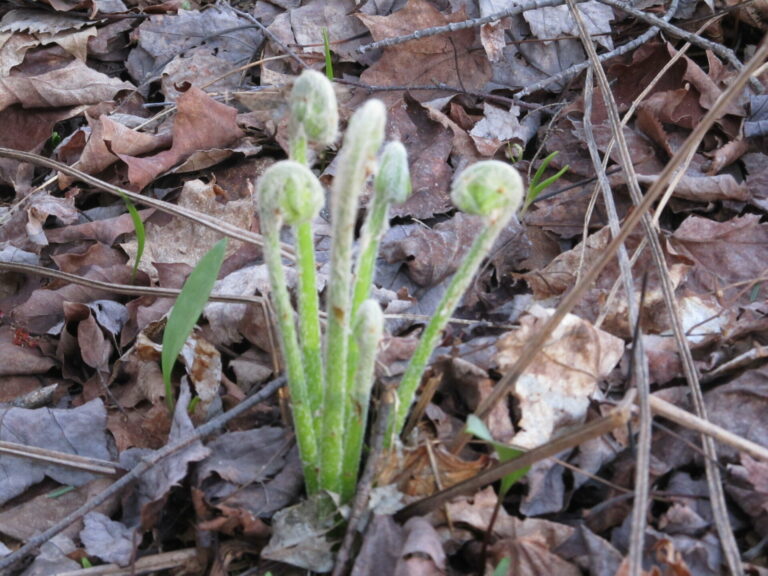
shy spring
the ferns
in prayer position
Haiku Canada Review – October 2016, Volume 1
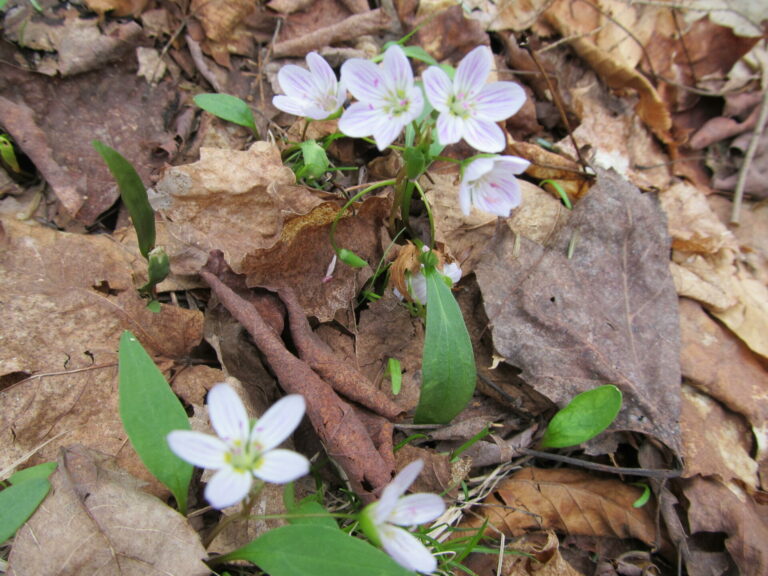
May comes up
through
last year’s leaves
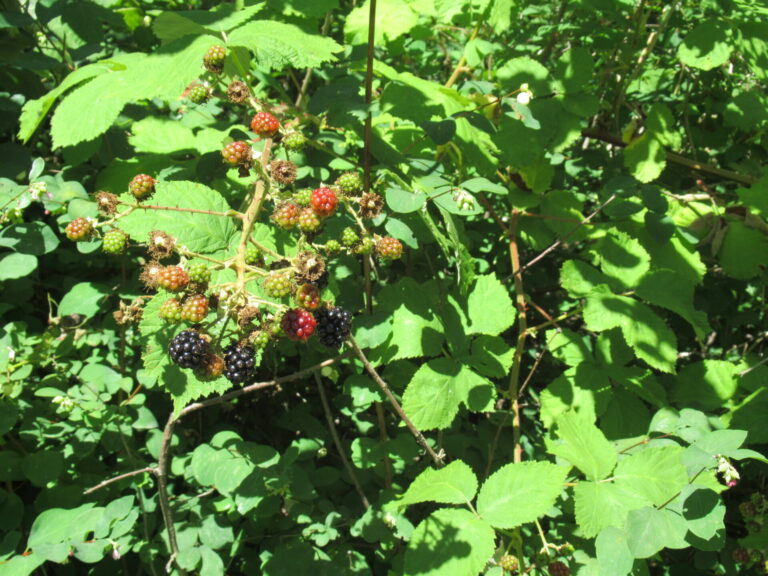
what we can imagine—
all the shades
of blackberry
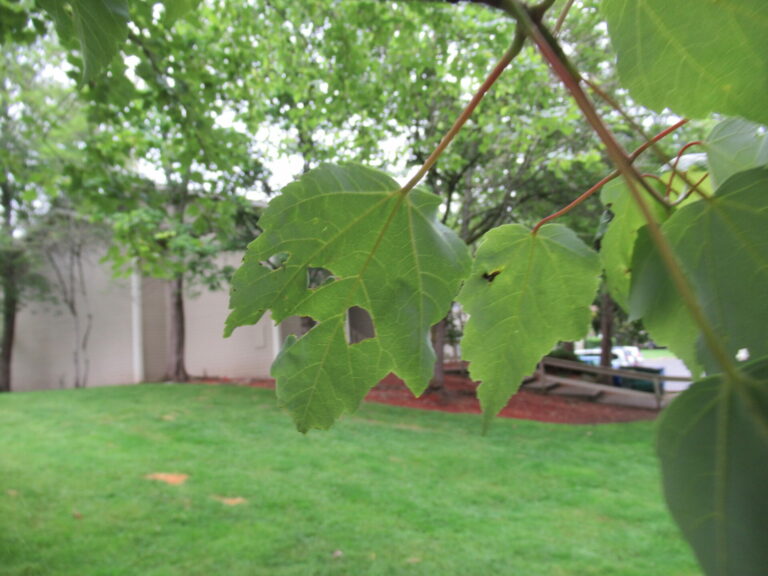
world view—
through a bite-sized hole
in a summer leaf
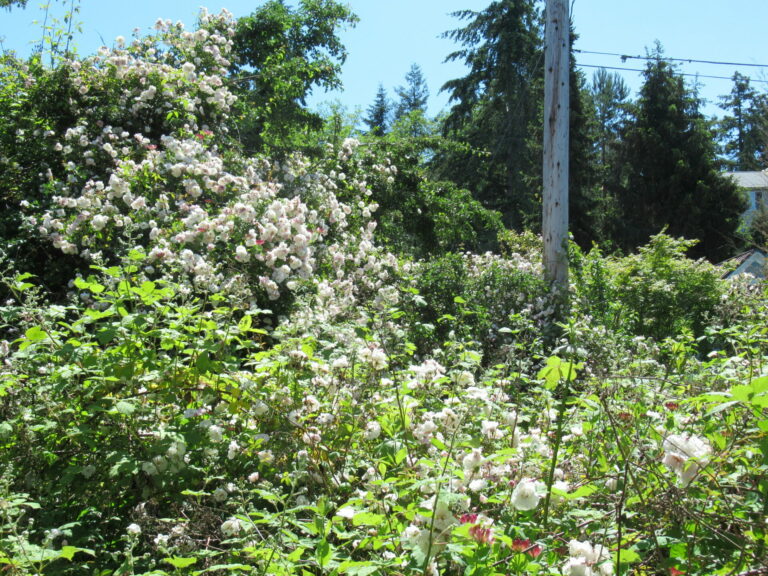
white roses
gone wild
the times we live in
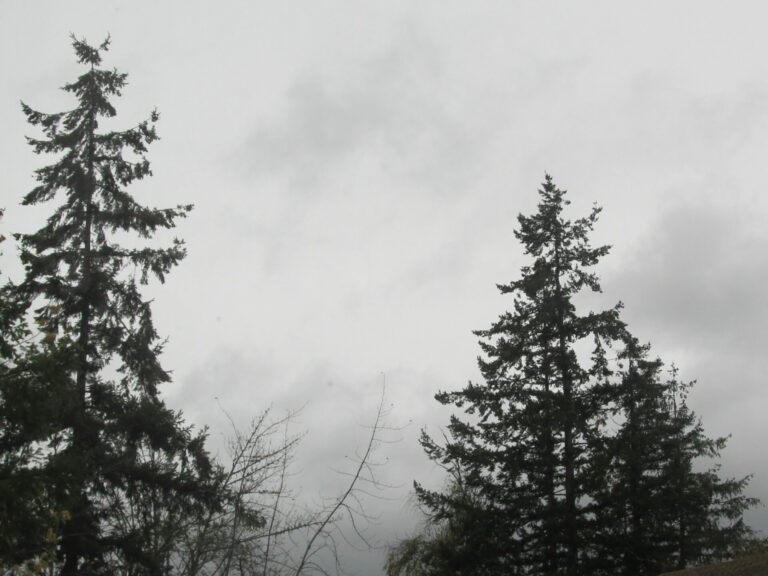
gray skies—
so many
Novembers
New England Letters #102, November 14, 2019
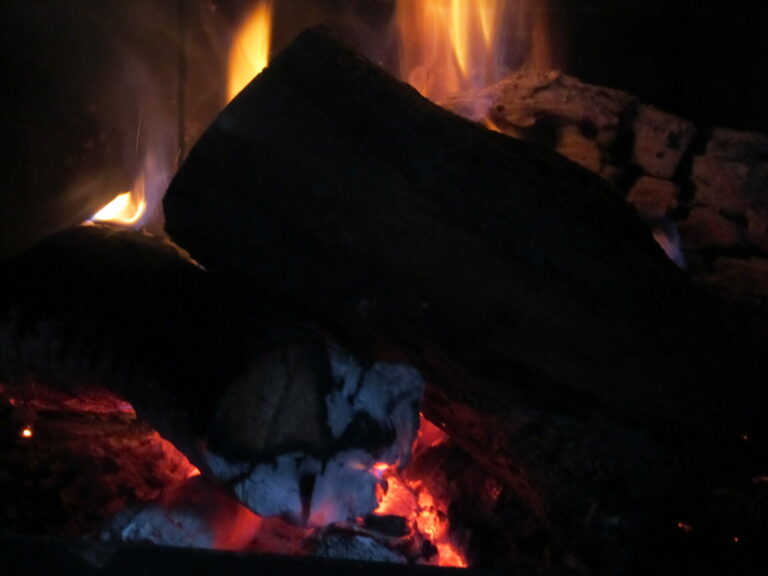
autumn wind
I blow the fire
into being
Frogpond, Winter, 2014
http://neverendingstoryhaikutanka.blogspot.ca/feb. 22, 2017
New England Letters #100, September 15, 2019
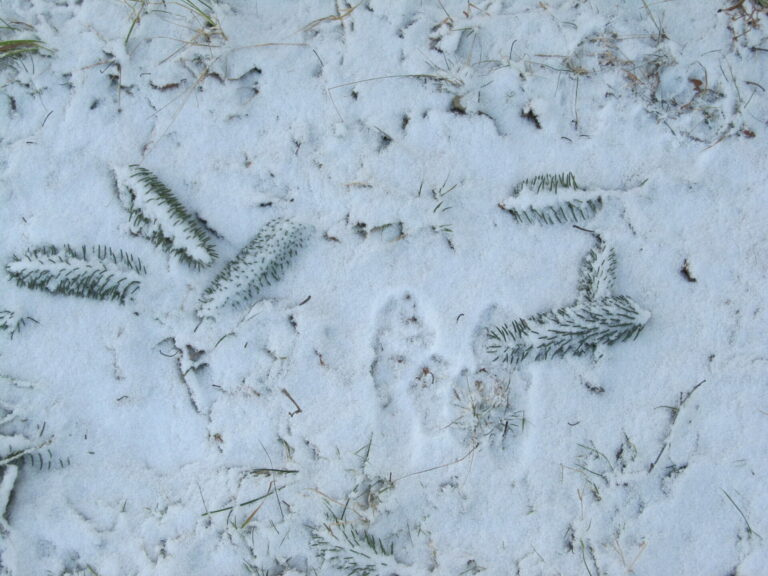
pine needles on snow
the lined faces
of the old ones
New England Letters #117 February 14, 2021
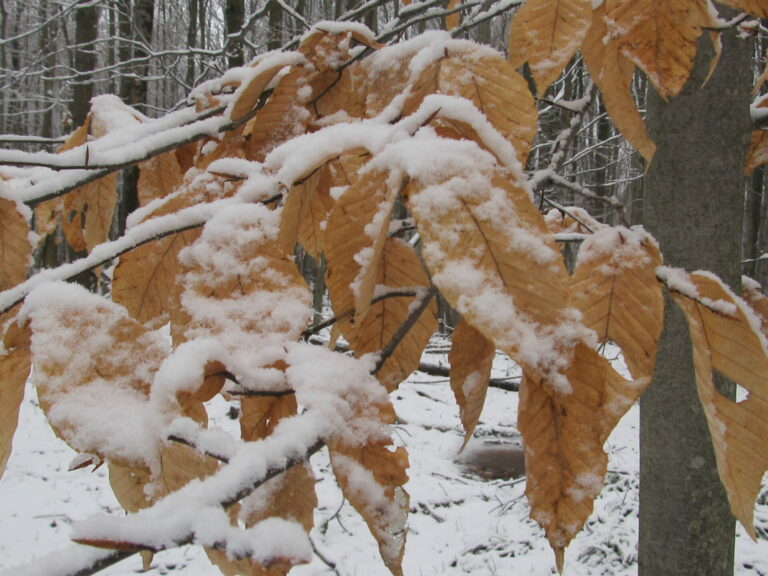
beech leaves cling
to winter trees
harder now to let go
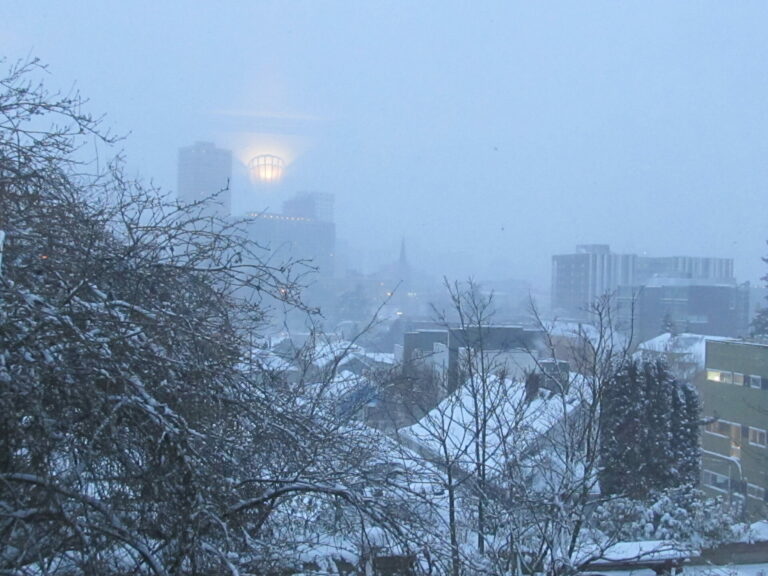
snow falling
past streetlights
the city pauses

Baud
That’s so lovely.
p.a.
👏👏👏
Benw
These are great!
MagdaInBlack
I always enjoy these. Thank you.
scribbler
Wonderful. Less is more, isn’t it?
Dorothy A. Winsor
What a beautiful thing to wake up to. Thank you
sab
Lovely pictures, and what a nice way to tie them together. Thank you.
OzarkHillbilly
Beautiful.
The Fat Kate Middleton
Thank you so much.
WaterGirl
I love your haikus so much, always a treat, a quiet moment of beauty to start the day.
Albatrossity
Perfect. Thank you!
Yutsano
I especially love the simple truth of the Seattle haiku. Also interesting since you were probably stuck when you took that picture!
Snarlymon
The haikus really enhance the appreciation of the photos
WaterGirl
I hope some folks are putting together submissions for on the road!
Madeleine
Thank you.
Oregon Girl
Wonderful! I love haiku. A sweet beginning to my morning.
munira
@scribbler: Yes less is more. You said it well.
munira
@Yutsano: I was at my sister’s contemplating driving down to California, a trip that was postponed for several days. But it was so beautiful I didn’t mind.
Geminid
@WaterGirl: Maybe Quinerly will give us some pics from her trip to Southeast Utah. She’ll travel some spectacular country, and the town of Bluff sounds neat.
Mom Says I*m Handsome
I love the idea of kigo. So much nuance in this art form.
SkyBluePink
Very Lovely
munira
Thanks everyone for your kind comments. It’s a pleasure to share my photos and haiku with you.
JanieM
“so many novembers” — especially evocative for me.
Thanks for words+pictures. They fit.
way2blue
Lovely. More please…
munira
@way2blue: All in good time.
John S Green
Hello Munira,
Lovely presentation, as usual. My two favorite haiku are:
1.
shy spring
the ferns
in prayer position
2.
pine needles on snow
the lined faces
of the old ones
Cheers,
John